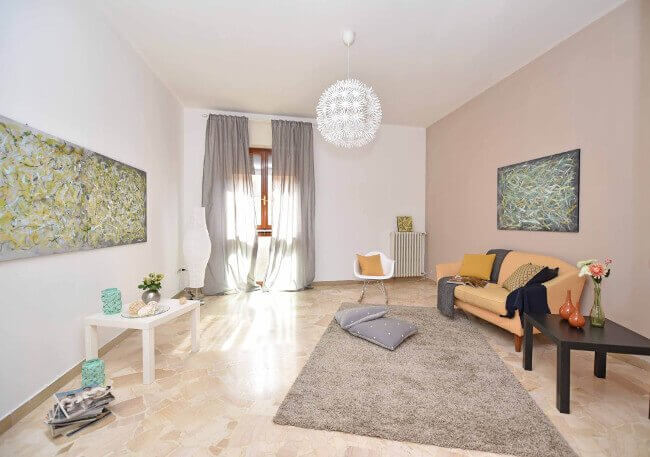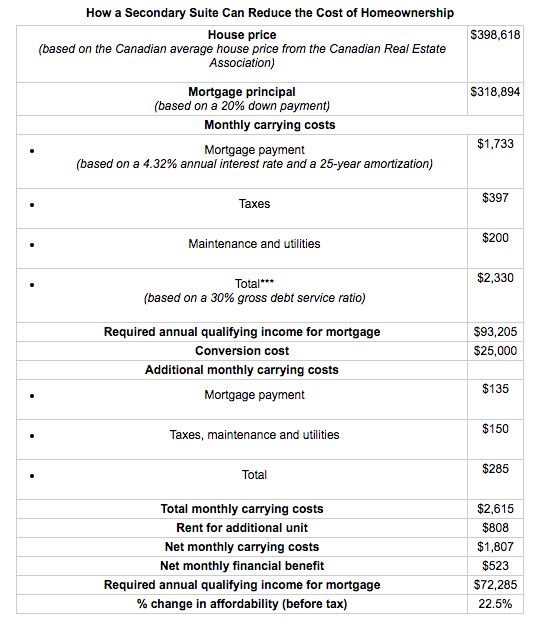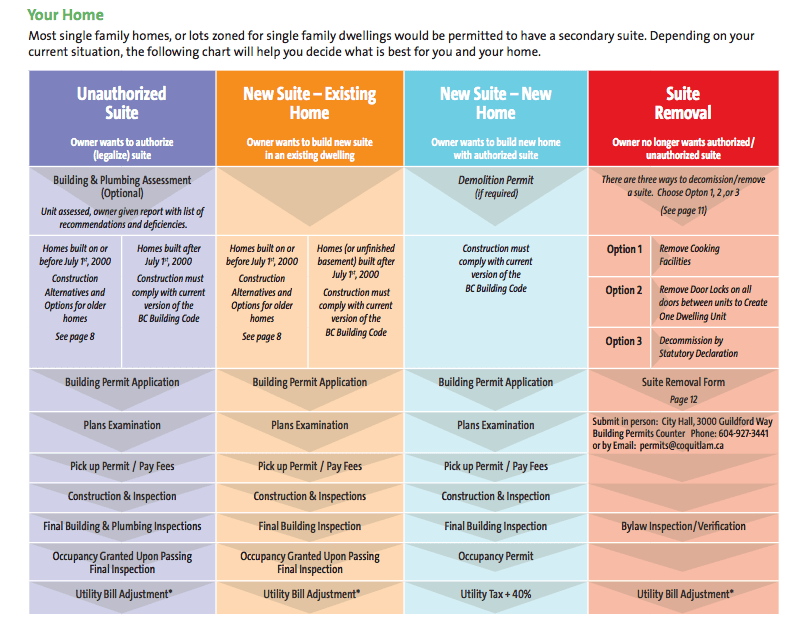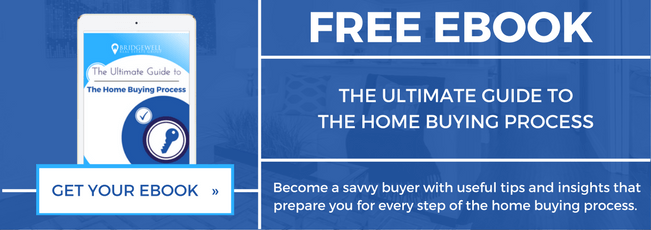Illegal Basement Suite BC
What Makes a Basement Suite Legal
This blog goes through the difference between a legal and unauthorized suite.
You’ll learn if renting out an unauthorized suite is considered acceptable, as well as the benefits of a legal suite.
Homeowners will also learn how to apply for a legal suite with the city.
Read for details!
What is a secondary suite?
A secondary suite is a separate living area contained within a single family dwelling and functions as a self-contained living unit complete with a kitchen, bathroom and at least one bedroom.
A secondary suite is a separate living area contained within a single family dwelling. It functions as a self-contained living unit complete with a kitchen, bathroom and at least one bedroom.
It may share common space on the same floor with the primary residence; for example, a laundry room.
The suite must also have at least one access door leading directly outside the dwelling.
Secondary suites are also called second units, accessory apartments, granny flats, in-law suites and basement apartments (since many are found in basements).
What is a legal suite?
A legal suite is a suite that has been approved by the city and meets their secondary suite and building permit requirements.
What is an unauthorized suite?
An unauthorized suite is one that does not meet all of the requirements of a legal suite. These may include but are not limited to: fire separators, smoke alarms, door heights, laundry, suite entrances, and more.
An unauthorized suite will have all the basics a legal suite would have, such as a bedroom, bathroom, and kitchen separate to the rest of the house.
Is renting out an unauthorized suite OK?
The reality in Greater Vancouver and its surrounding areas is that 80% of rental suites are unauthorized. The majority of them do not comply with all of the rules, however they continue to be rented with little to no issues.
The Residential Tenancy Act (RTA) applies to secondary suites, even if the suite is “illegal”. A secondary suite could be a basement suite, laneway house, or other unit that is on the same property as a residential house. Even if the suite is illegal (not registered with the city, or in a city that does not allow secondary suites) both the landlord and tenant must comply with the RTA.
While having an unauthorized suite rented is certainly the “norm,” there are benefits to legalizing your unauthorized suite. See below.
Benefits of legalizing your unauthorized suite
• Safety of occupants – When you legalize your suite, you comply with a variety of safety standards designed to provide minimum levels of health and safety to occupants.
• Ensure adequate property and home insurance coverage – If your suite is legal, you can obtain the proper insurance coverage that will protect you in cases of emergencies and/or disasters caused by either a tenant or a member of your family.
• Reduce neighbours’ complaints – A legalized suite enables you to provide adequately for your tenants so their impact on the neighbourhood is minimal. By legalizing your suite, you provide adequate parking so the impact to the neighbourhood and street is minimal.
• Maintain the value of your home and potentially increase its value – The work undertaken to legalize a suite is often seen as providing more value because all work has been completed and inspected and has the potential for supplemental income.
• Avoid costly penalties – If the City receives a complaint about an illegal suite and it is investigated and confirmed, the homeowner will be charged the additional water and sewer fees for the secondary suite and bylaw compliance proceedings may be conducted.
What are the risks of an unauthorized suite?
Buying a House with an Illegal Second Suite
If you’re in the market for a house with more than living space (a.k.a. duplex or triplex), you’ve likely seen the words: “Property contains unauthorized accommodation” on an MLS listing. Translation: that basement suite is not technically legal.
Reality check: 80% of Greater Vancouver’s basement suites don’t comply to all the rules and wouldn’t likely be considered ‘legal’. Here are the risks you need to be aware of:
- Anyone can make a request to the city to have your secondary suite inspected (e.g. tenants, neighbours, anyone that dislikes you). Getting caught with an illegal suite could result in you having to transform the home back into a single family dwelling, or may result in a lot of time and expense to legalize the suite.
- Your lender may not recognize the income associated with an suite that isn’t considered legal, which could affect your mortgage moving forward.
- You can be sued if a flood or fire results in an accident or death in the illegal second suite – we would ALWAYS recommend that a homeowner meet electrical and fire safety standards for any second suite.
- Make sure your insurance company knows what’s really going on in the house – NEVER lie to your insurance company.
If you’re considering buying a house with an illegal secondary suite, balance the risks and rewards. Should you go through the motions of getting the suite legalized? Not rent out the second suite? Or maybe just buy a single family home? Whatever you decide, make sure you’re working with a real estate agent who knows the rules and requirements.
Is purchasing a home with an unauthorized suite OK?
Much like the previous answer, purchasing a home with an unauthorized suite happens all the time. The sellers will need to disclose to you that the suite is unauthorized and, if applicable, that the suite contains unauthorized accommodation. Again, keep in mind the benefits of legalizing the unauthorized suite once you purchase it and make sure that you understand all of the risks of an unauthorized suite prior to purchasing.
Is more than one suite allowed in a house?
No. While some homes may have one legal suite and one unauthorized suite, the city will not legalize two suites in one single-family home.
Does adding a legal suite add value to my home?
Yes, making your suite legal adds value to your home because buyers do not need to deal with the risks associated with an unauthorized suite.
Adding/having a legal suite can also reduce the cost of home ownership, which makes it attractive to buyers when purchasing a home as their affordability may increase.
Creating a New Secondary Legal Suite
Secondary suites are subject to a number of provincial, territorial or municipal requirements, including:
- zoning;
- building code;
- unit size;
- parking; and
- inspections and licensing.
- Meet all electrical safety codes via an inspection with the Electrical Safety Authority (for example: grounded electrical plugs, proper use of extension cords, GFCI bathroom plugs, proper receptacle covers, main electrical service in good working condition, etc.)
- Meet fire safety standards (for example: adequate fire separation between the units, interconnected smoke alarms, appropriate means of egress (escape), fire extinguishers, etc.)
- Have a separate entrance – A secondary suite must have a separate entry door. This door may be shared with the rest of the house in a lobby, foyer, or hallway or may lead directly outside.
- Height, moisture and natural light must comply — If the suite is provided in the basement, it must be dry and have adequate natural lighting and enough headroom (height varies by jurisdiction).
—
If you’re looking to purchase or sell a home with a secondary suite, it’s best to work with a real estate agent that knows what they’re doing. There are a number of legal questions, clauses, and terms that need to be answered and also added in to a contract when dealing with a secondary suite, which is why you need an experienced agent. Call us at 604-319-0200.






